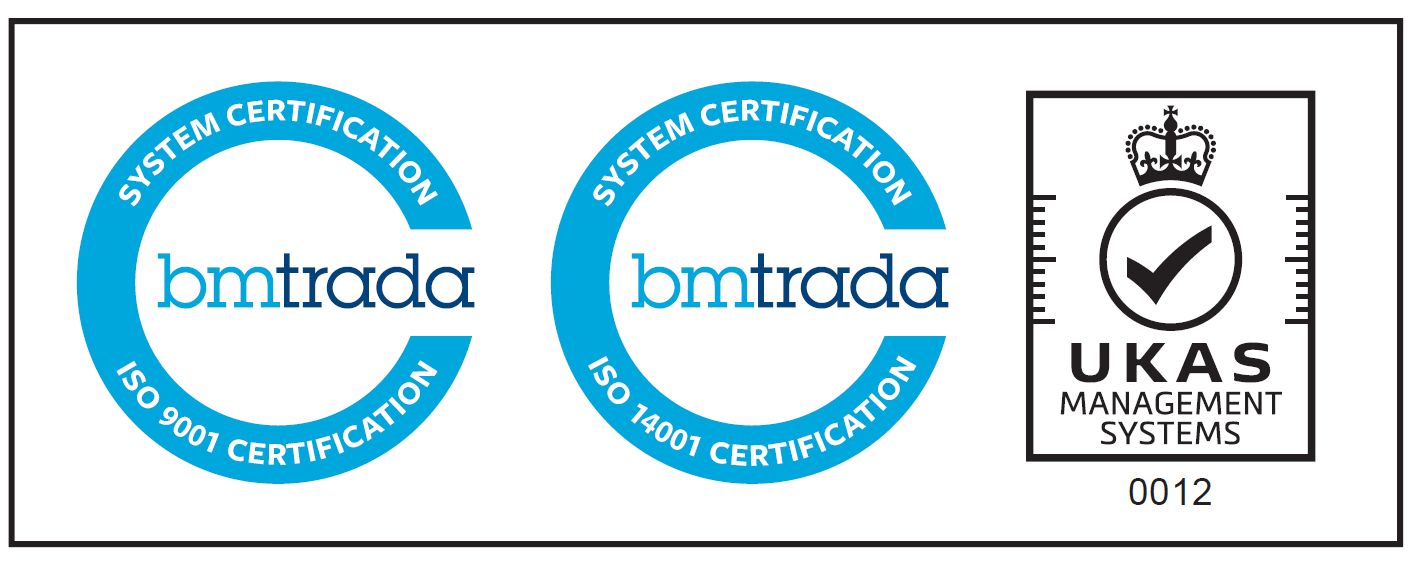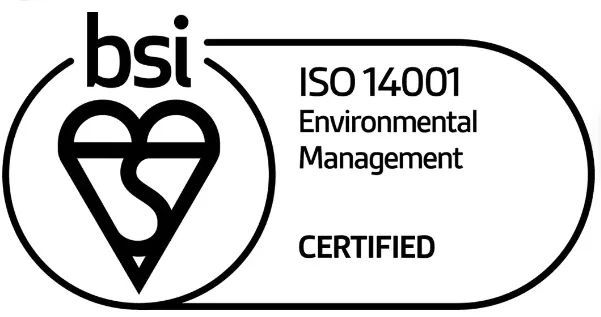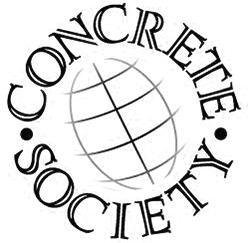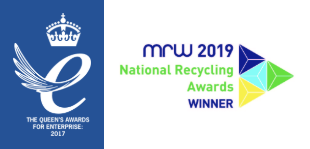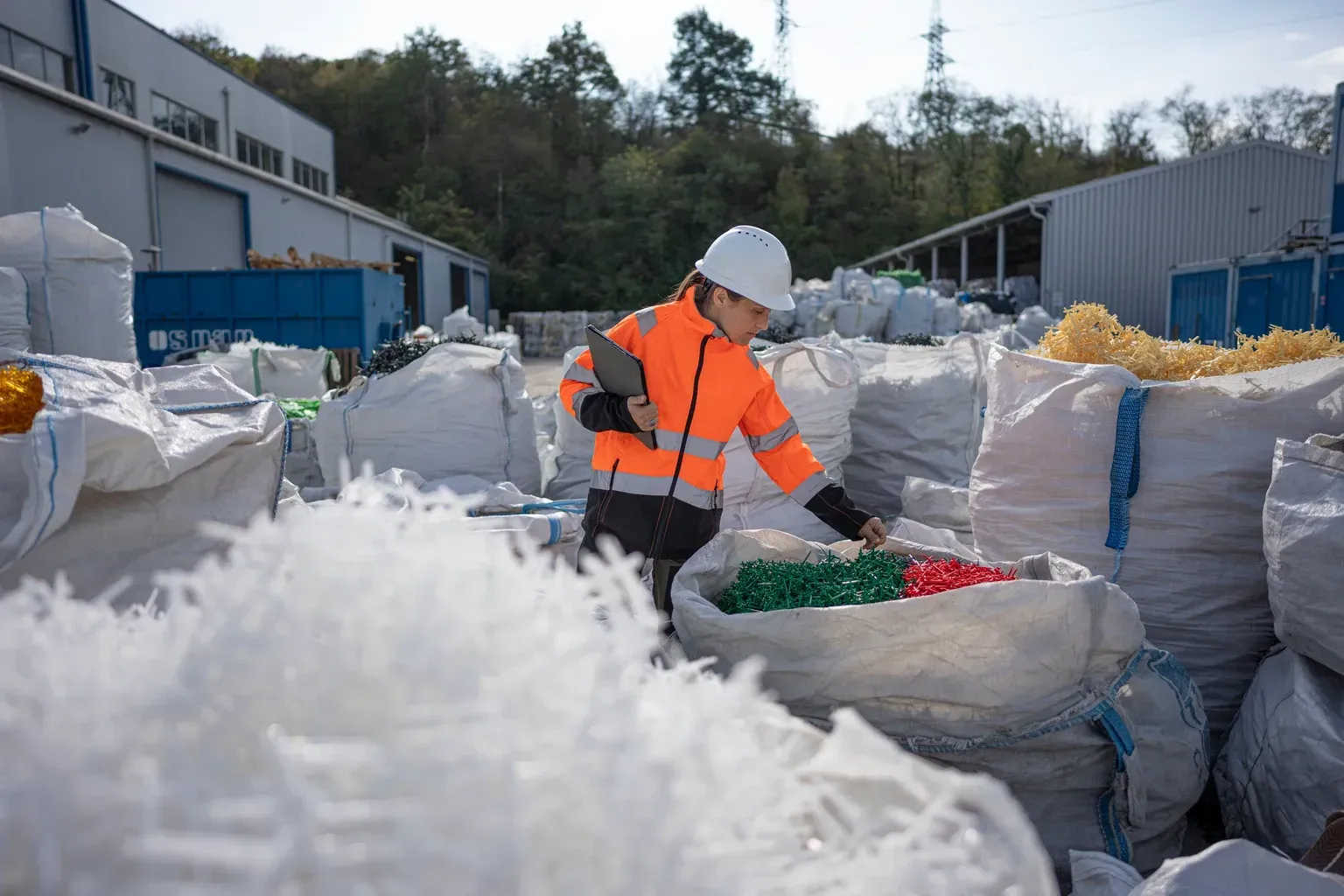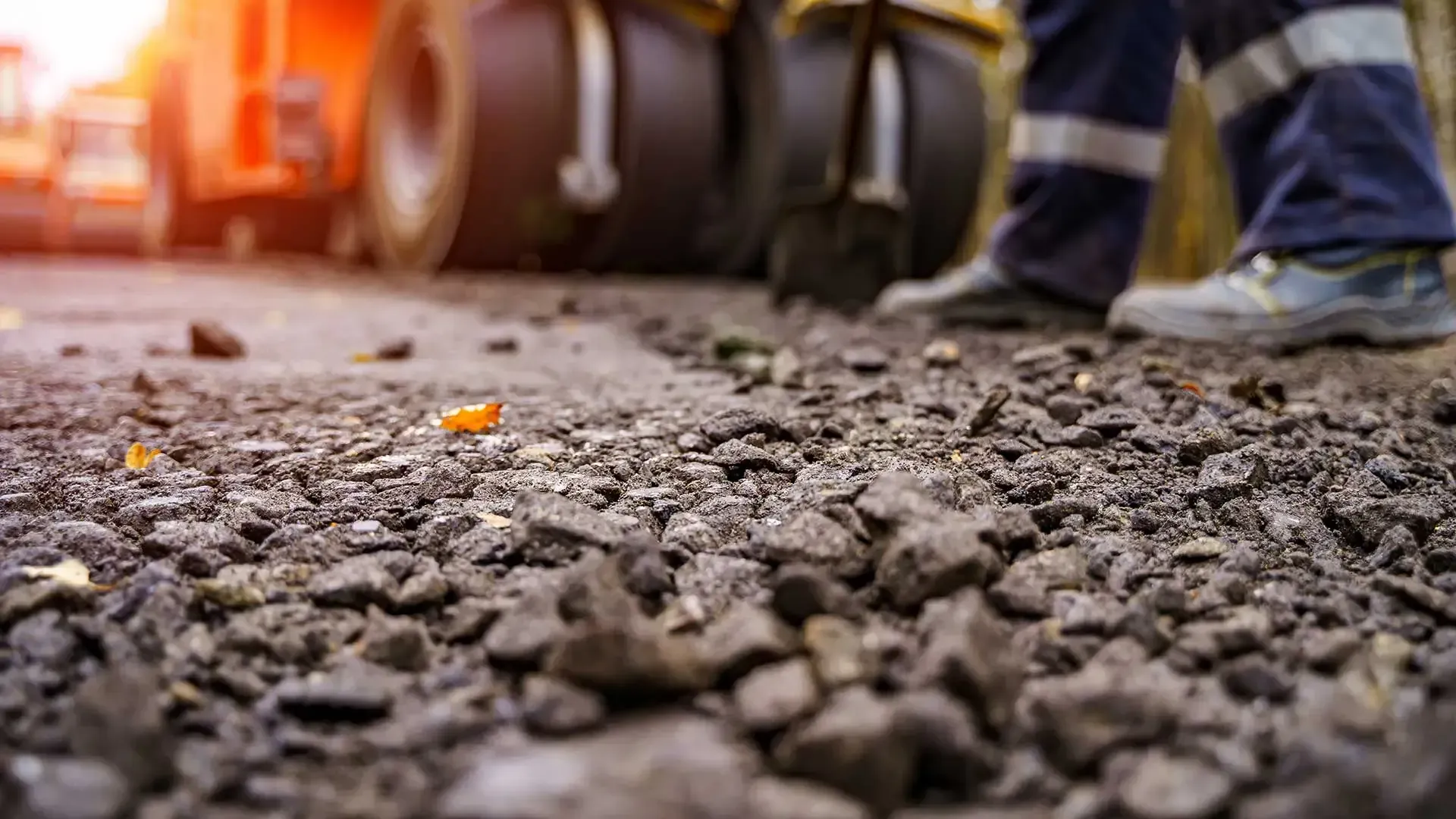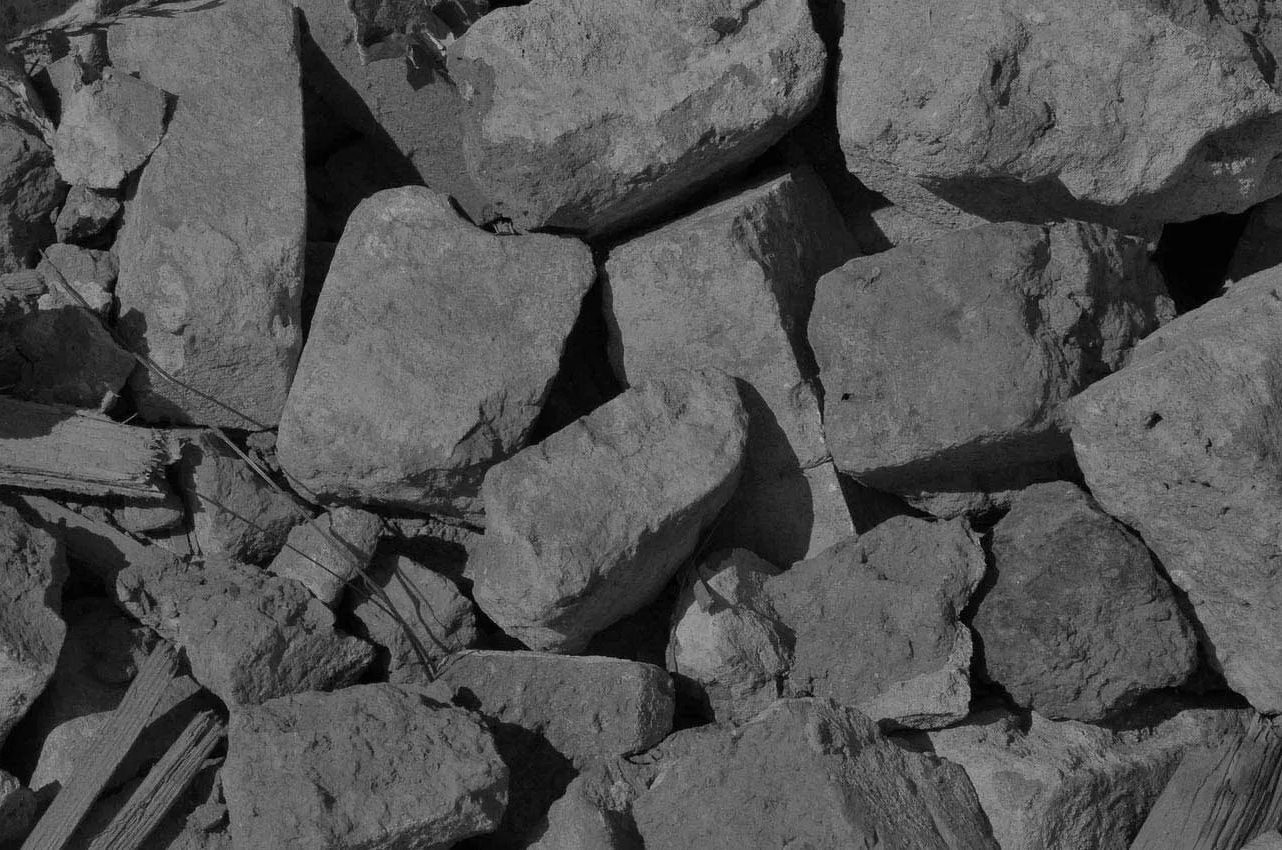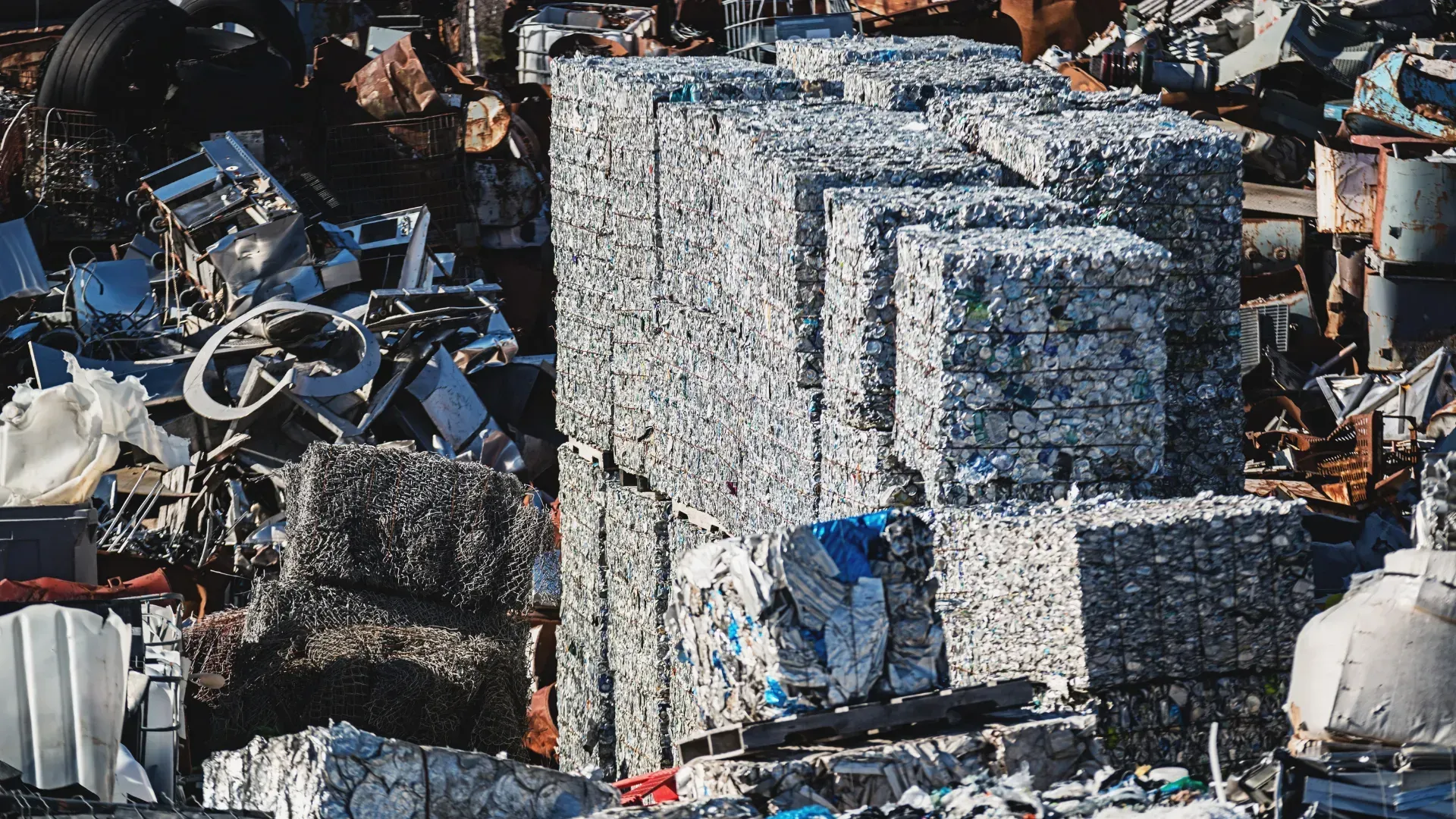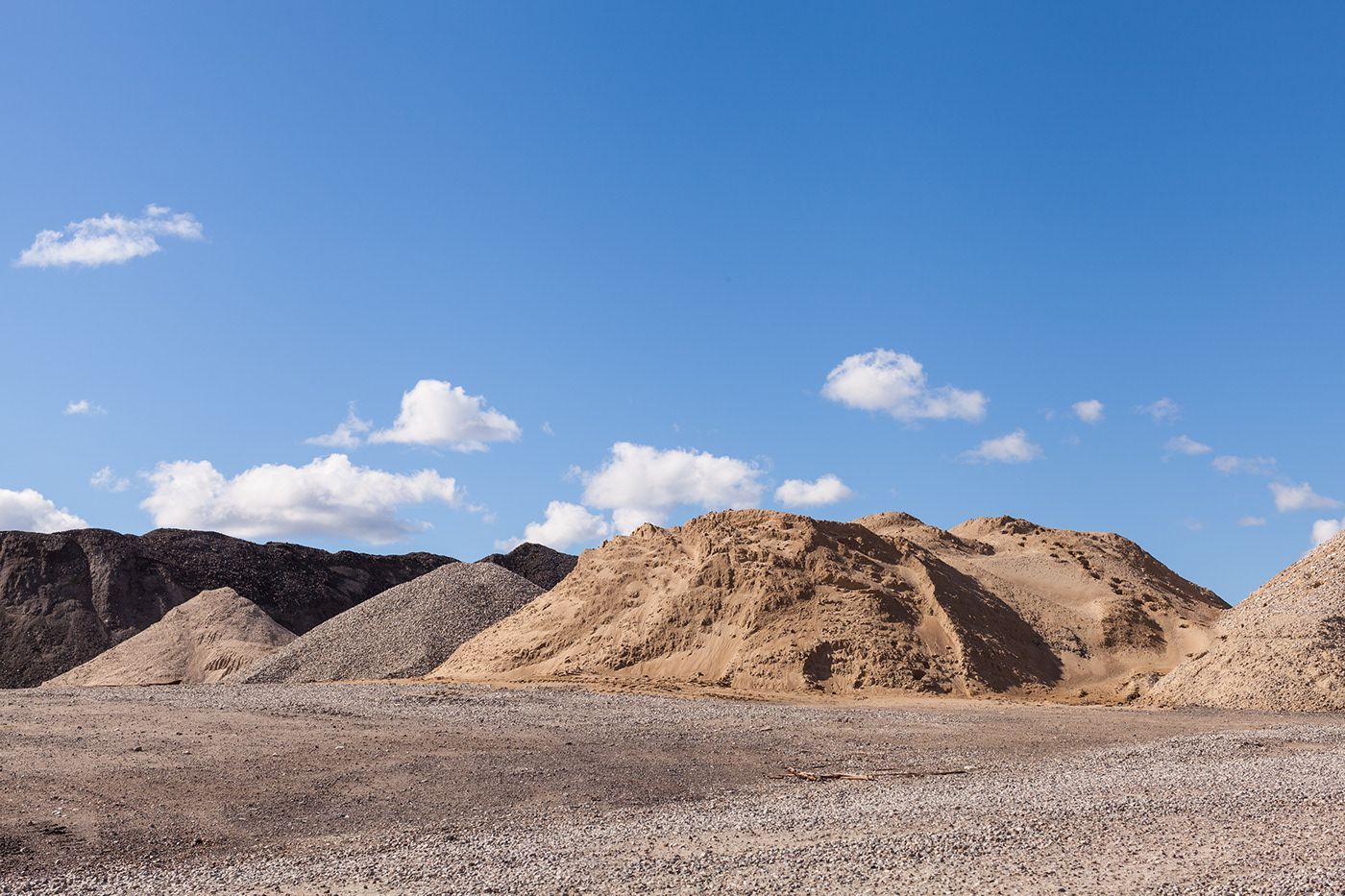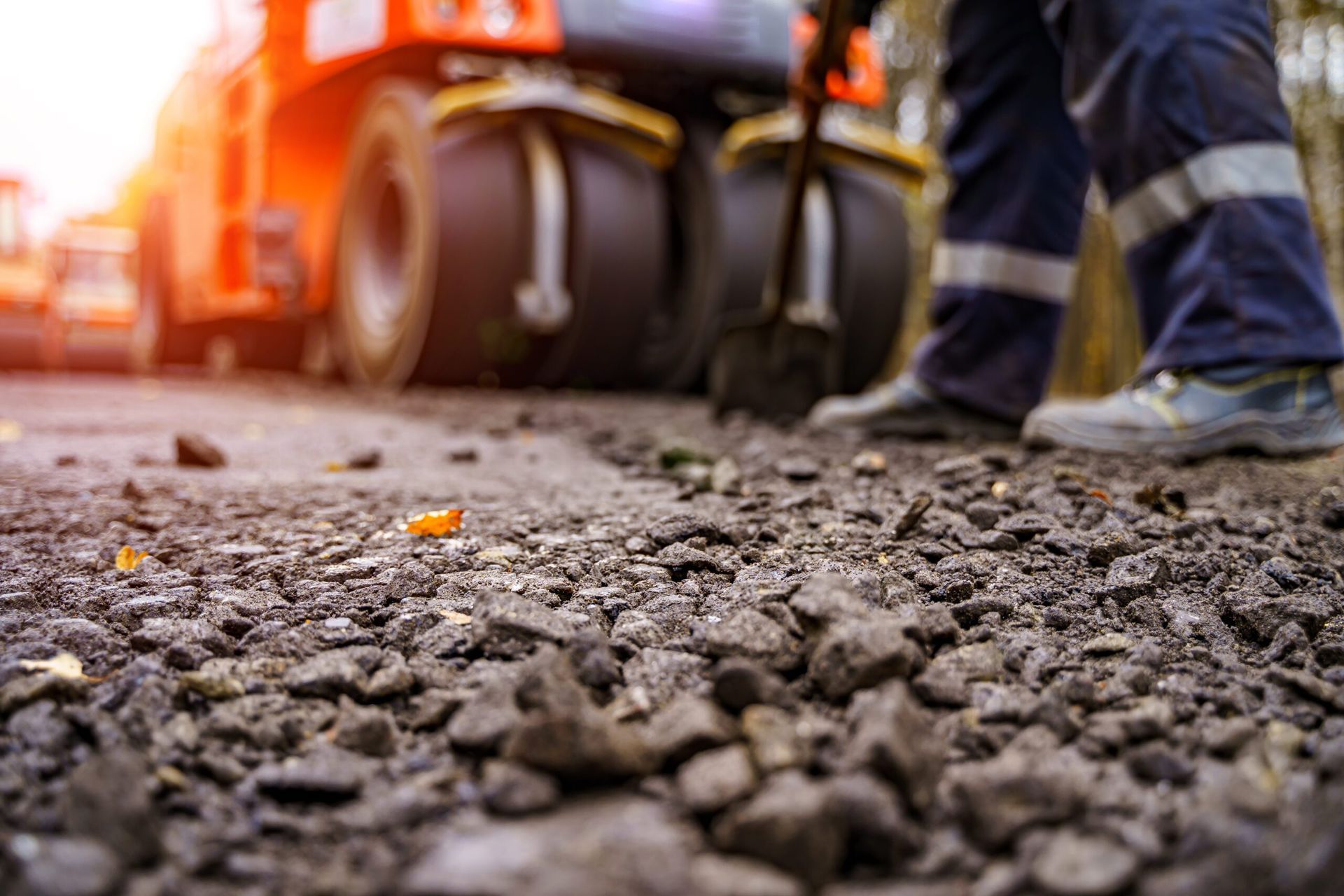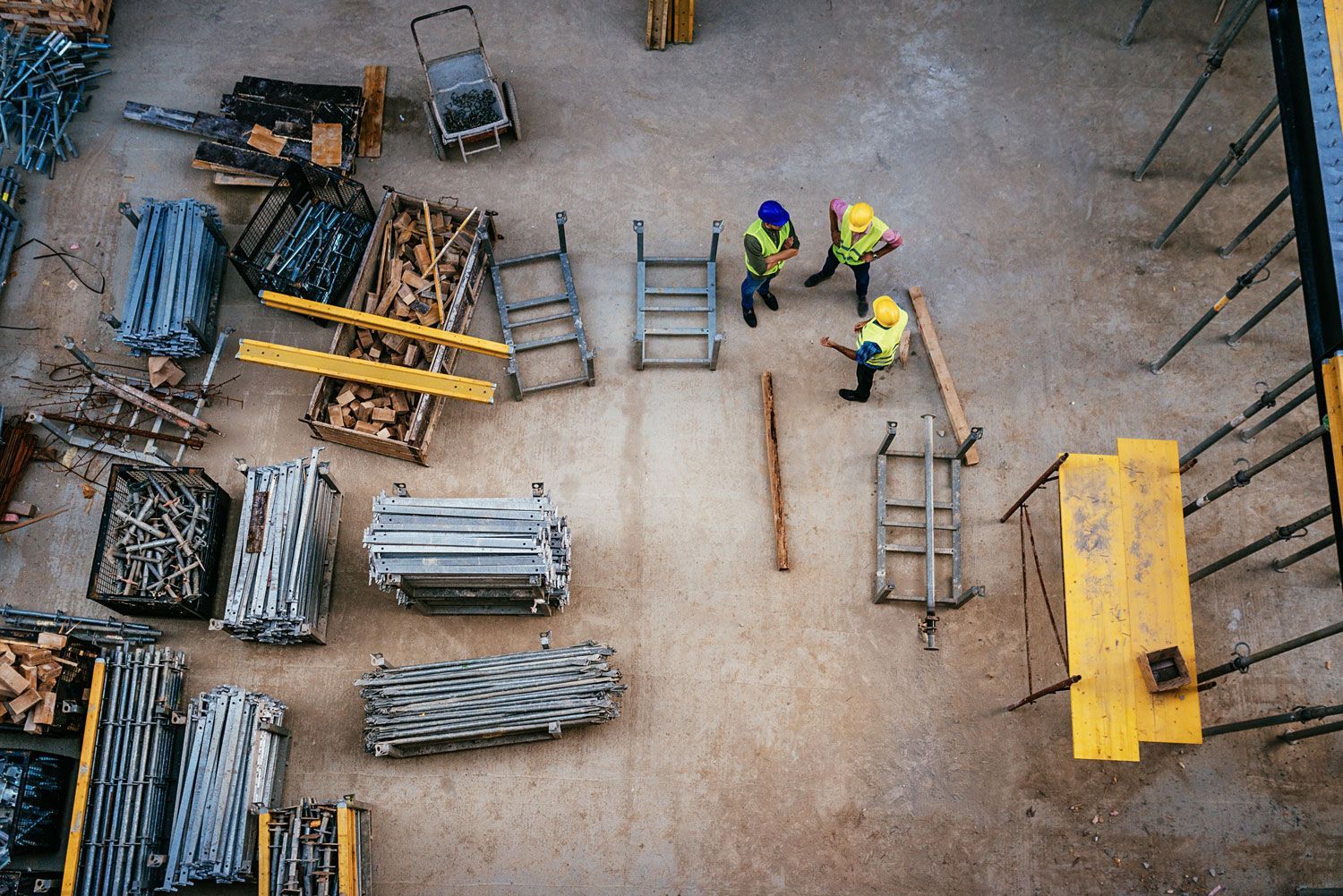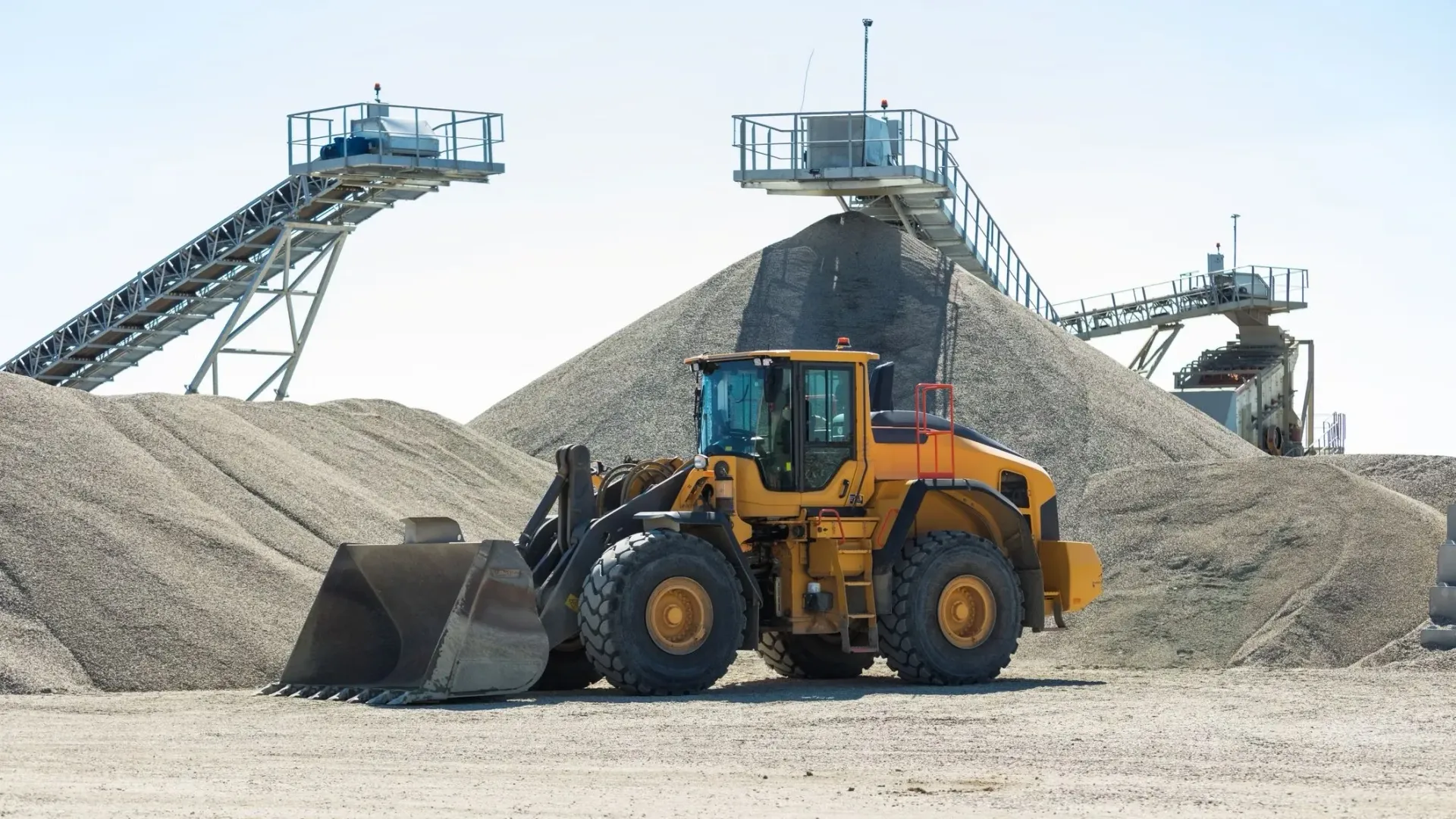How Your Business Can Achieve Zero Landfill Waste
We are currently on the cusp of a waste crisis, with researchers warning that landfills will be overflowing by 2022. The UK, having been declared the ‘dustbin of Europe’, produced 222 million tonnes of total waste in 2018. While many of us may not think about what happens to our waste once we’ve thrown it away, it’s gradually becoming a problem that is difficult to ignore. Our UK businesses and organisations need to become more aware of their waste management in order to ensure we don’t cause a disastrous impact on the environment.
Businesses are choosing to become more environmentally conscious due to the imminent climate crisis we are facing, but also because it can help companies save money by choosing more energy efficient options, reducing waste products as well as increasing customer satisfaction. Consumers are beginning to actively seek businesses that can prove their low environmental impact, with companies creating recycled clothing lines, printing carbon emissions for food products on the packaging and aiming to become carbon neutral or carbon negative. The first step to becoming more environmentally conscious is trying to reduce the amount of waste your business produces.
Although it’s incredibly difficult to ensure 100% of our waste is diverted away from landfill, don’t let that put you off trying. Our aim should be to ensure as little waste as possible ends up in landfill, which is where zero landfill comes in. Landfills produce landfill gas, a product of decomposing organic matter, which consists of 50% methane and 50% carbon dioxide, both primary contributors to greenhouse gas emissions and global warming.
Landfills are also known to leak chemical waste that drains underground and contaminates water. While landfills are running out of space, it’s time to re-evaluate our waste management and seek more environmentally-friendly solutions to waste disposal.
What is zero landfill?
The aim of zero landfill is to divert all solid waste products away from landfills. Whereas zero waste aims to completely overhaul lifestyles and emulate sustainable natural cycles, zero landfill is more achievable for businesses as it gives them one goal to focus on.
The method of achieving zero landfill waste builds on the practices under the waste hierarchy, which shows you which factors of waste management to focus on first.
Prevention
The first step to achieving zero waste is to prevent as much as possible from being produced in the first place. This can be applied to all waste products such as garden waste, food, cardboard and paper etc. By assessing your company’s current waste management and disposal, you can look for alternatives such as swapping out suppliers to those that provide packaging-free products or go paperless.
Preparing for reuse
This means assessing what items can be reused throughout the business. It requires checking, cleaning, repairing and refurbishing whole items or spare parts for reuse to optimise the item’s life cycle. This could include selling or reusing by products of a process, for example, Honda’s engine plants produce sand from aluminium and ferrous metal casting operations and is now reused as mulch, landscaping materials or in concrete.
Recycling
If waste cannot be prevented or reused, the next step is recycling. This includes turning waste into a new substance or product, including composting if it meets quality protocols. This process must ensure that you take the correct precautions to responsibly recycle as much waste as you can. This may be on your own premises, by turning the waste into something else, or sending it to a reliable waste management centre to take care of it for you. Many waste management services are able to sort your waste before going to landfill, to ensure everything gets recycled if it is able to be.
Other recovery
This can include many techniques of ensuring waste does not go to landfill such as anaerobic digestion, incineration with energy recovery, gasification and pyrolysis which produce energy. Installing a biogas generator allows the option to digest things like animal waste or specially grown crops such as maize. In principle, the chemical energy of the combustible gases is converted to mechanical energy in a controlled combustion system by a heat engine. This mechanical energy then activates a generator to produce electrical power. This process is a great way to divert waste from landfill.
Assess your company’s current waste management scheme
Using the waste hierarchy listed above, you can assess your company’s waste management scheme, taking into consideration the sources, types and volumes of rubbish being generated. This will give you a baseline in order to assess all future achievements and success, and give you a clear starting point. You need to determine if all the waste is being placed in the right containers and if you have enough of the right type of collection bins for each type of recycling. For example, if you have a normal waste bin and plastic recycling bin in your office, employees are unlikely to keep hold of a glass bottle until they find a glass recycling bin and just place it in the regular bin instead. Determining where you can do better will give you a starting point to see how you can adapt and evolve your company’s current waste management for the future.
Designate a waste management team
Depending on how big your company is, you may find it helpful to assign a person or team to investigate what parts you can change and what can be implemented to improve the process. This will help to improve communication and commitment across your business, and ensure the initiative stays on track and within budget.
Set specific waste reduction goals
Once you have determined what can be changed, it simply becomes a case of ensuring it is implemented. Having discussions with your employees is an easy way to begin the process of waste prevention, reduction and recycling as sometimes people may not be aware they are mishandling waste. For example, encouraging checking what waste is being thrown away and making sure it goes in the correct bin. You can then set goals to achieve the bigger, more complex aims such as packaging reduction or installing a functioning biomass generator. Having dates set to achieve these goals will make it clear what you are working towards and how long it will take.
Develop waste production and prevention strategies
Waste prevention is the initial factor in reducing the amount of waste that goes to landfill, so implementing strategies to initially produce less waste will make the rest of your waste management goals easier to achieve. This might include considering the redesign of certain products, equipment and packaging such as choosing different suppliers, compostable packaging and recovering and refurbishing durable goods to be recycled by the producer when the customer no longer requires it.
Work with a trusted sustainable landfill site to provide waste management services
Thompson Quarries correctly handles all waste items to help you reduce the amount of landfill waste. Inevitably, there is still waste that needs to go to landfill, even when we’ve taken extensive measures to prevent it. We aim to be as responsible and sustainable as possible, sorting all materials that can be recycled before we take your waste to landfill. Any waste that does need to go to landfill is disposed of safely and correctly staying compliant with all current regulations.
Thompson Quarries aims to work with the environment, not against it, through providing ethical and environmentally-friendly waste management. We run our own recycling plant and provide recycled aggregates to neutralise any environmental impact of quarrying. The resources that quarries provide are integral for our roads, surfaces, buildings and construction, so we provide natural quarry products that have minimal environmental impact.
We work closely with the Scottish Environmental Protection Agency, Historic Scotland, Environmental Health and West Dunbartonshire Council to ensure we take the correct procedures to protect the environment. To find out more about our services and to see how we can help your business become more sustainable, visit our website.
